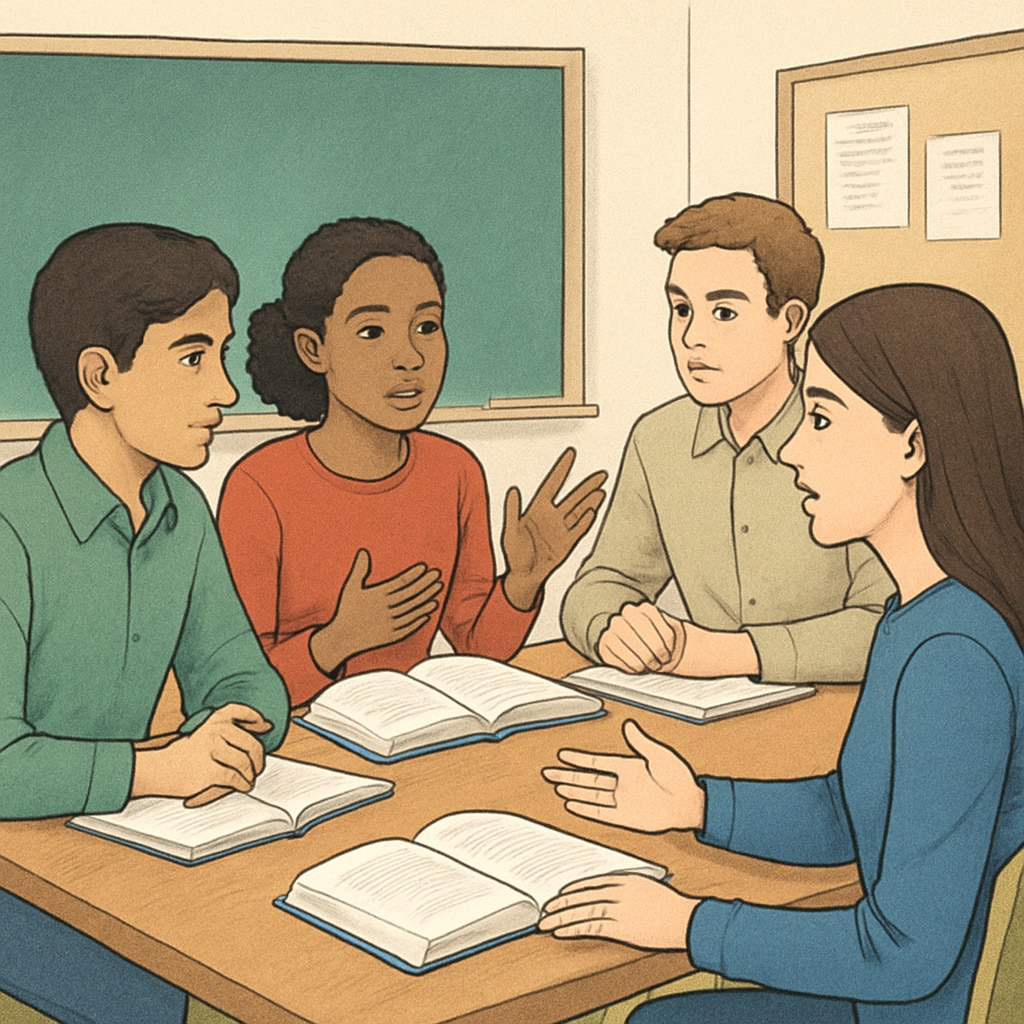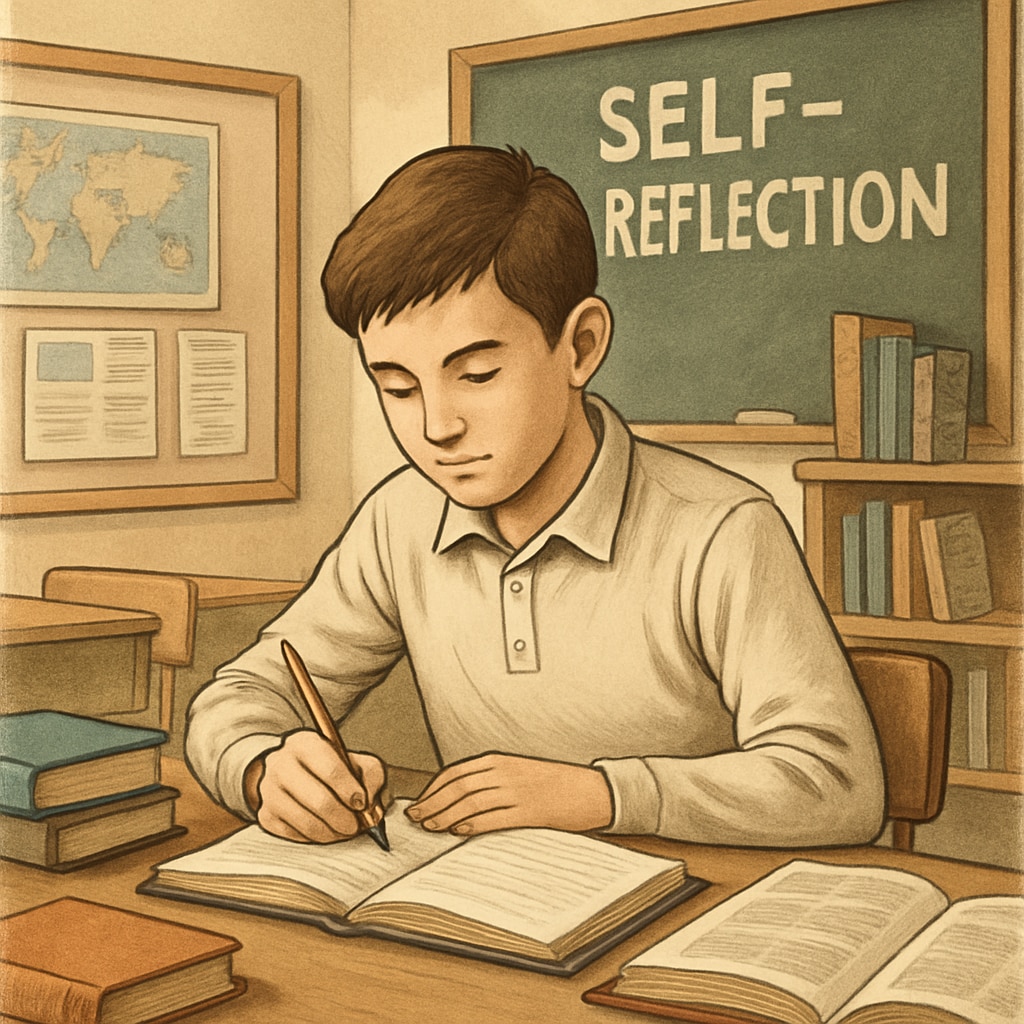K12 education serves as the foundation for shaping a student’s character and thinking abilities, playing a pivotal role in their personal growth. By fostering critical thinking, self-awareness, and inclusivity, this educational stage equips young minds with the tools needed to navigate the complexities of life. In this article, we explore how K12 education influences these attributes and how schools and families can collaborate to ensure students develop into well-rounded individuals.
Fostering Critical Thinking in K12 Education
Critical thinking—the ability to analyze information objectively and make reasoned judgments—is one of the most vital skills students can learn during their education. In K12 classrooms, educators are increasingly prioritizing activities that encourage students to question assumptions, evaluate arguments, and solve problems creatively. For example, debates, project-based learning, and open-ended questions challenge students to think beyond rote memorization.
- Encouraging Inquiry: Teachers can cultivate curiosity by posing thought-provoking questions and encouraging students to explore multiple perspectives.
- Using Real-World Problems: By connecting learning to real-world challenges, students can practice applying their thinking skills in practical scenarios.
- Promoting Collaboration: Group activities allow students to learn from peers, enriching their critical thinking through shared experiences.
As a result, students develop the ability to approach problems with confidence and adaptability, preparing them for both academic and professional success.

The Role of Self-Awareness in Personal Growth
Self-awareness—the understanding of one’s emotions, values, and behaviors—is another essential outcome of K12 education. Schools play a crucial role in helping students reflect on their strengths and weaknesses, set goals, and take responsibility for their actions. For instance, activities like journaling, peer feedback sessions, and mentorship programs encourage students to look inward and develop a sense of accountability.
Furthermore, self-awareness fosters emotional resilience and adaptability, enabling students to manage stress and navigate challenges effectively. By nurturing this trait, educators empower students to grow into confident individuals who can make informed decisions about their futures.

Building Inclusivity and Empathy
Lastly, inclusivity is a cornerstone of character development, teaching students to appreciate diversity and respect different perspectives. Modern K12 education emphasizes creating an inclusive environment where students learn to embrace cultural, social, and intellectual differences. Practices such as multicultural education, collaborative projects, and conflict resolution workshops instill empathy and cooperation.
For example, introducing students to literature from diverse authors or facilitating discussions on global issues can broaden their horizons and foster a deeper understanding of the world. Such initiatives prepare students to become compassionate and globally aware citizens.
Collaborating for Holistic Development
To maximize the impact of K12 education on personal growth, schools and families must work together. Parents can reinforce lessons learned at school by encouraging open communication, supporting extracurricular activities, and modeling positive behavior at home. Meanwhile, schools can involve families in decision-making processes and provide resources to help parents guide their children effectively.
By establishing strong partnerships between educators and families, students gain access to a more cohesive and supportive learning environment, ensuring their holistic development.
In conclusion: K12 education is instrumental in shaping students’ character and thinking abilities. By emphasizing critical thinking, self-awareness, and inclusivity, educators create opportunities for personal growth that extend far beyond the classroom. With the combined efforts of schools and families, students are equipped to navigate life’s challenges and contribute meaningfully to society.
Learn more about critical thinking and its importance in education.
Explore self-awareness as a key component of personal growth.


